
Sex, Drugs & Economics
An Unconventional Introduction to Economics
Read or listen offline
Amazon KindleRecommendation
Most books about economics tend to be rather dry and technical. Not this one. Diane Coyle writes with humor and grace, infusing her erudition into lively prose, never burdening the reader or demanding that you patiently suffer through academic digressions. She views economics not as a subject but as yoga; it’s not a bunch of stuff you ought to know but rather a way of learning and reflection. Coyle manages to touch on all of the major contemporary economic issues - literally, sex, drugs and rock and roll - and to make it clear how economic logic relates to such phenomena as sexual behavior, drug taking, war, fashion, major league sports and the Internet. This is an interesting, amusing book by an excellent author, both saucy and unconventional. getAbstract.com knows that it might not help you make a lot of money - it’s not that kind of book - but believes that it will make you richer in other ways.
Summary
About the Author
Diane Coyle is a regular columnist for The Independent, a presenter of BBC Radio’s Analysis program, and author of Paradoxes of Prosperity, The Weightless World and Governing the World Economy.








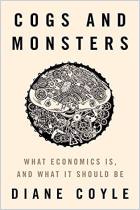
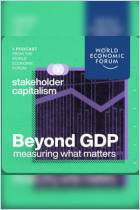

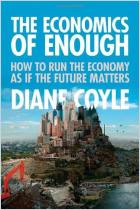
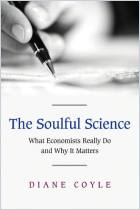
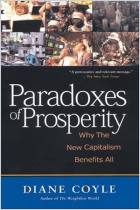
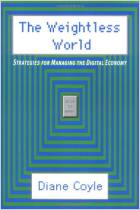
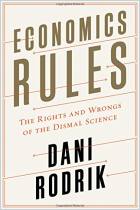
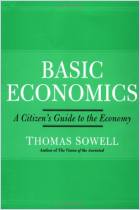
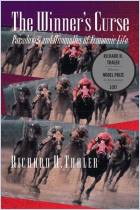
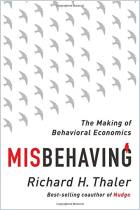
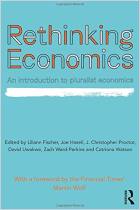
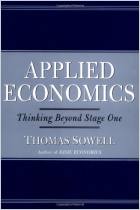


Comment on this summary